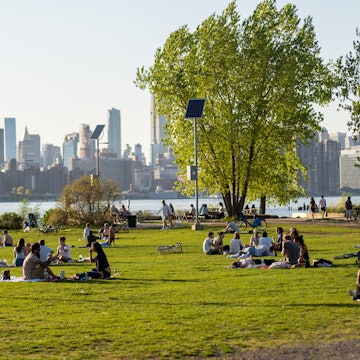

Detroit, Michigan's city skyline. Photo by Mike Kline (notkalvin)/Getty Images
Detroit is Michigan's largest city and a tourist destination for people seeking art and automotive history. The mega Institute of Arts and the Henry Ford Museum usually grab the most attention from visitors to the Motor City, but there’s so much more to explore when you arrive: cycling routes, time-capsule jazz clubs, Black history sights, brilliant bakeries and street art galore. Many of these experiences can be had for free.
You can see a lot in a weekend or extend and add on a few day trips. (However long you stay, make sure to try the pizza and other great food options.) Many people drive while here, especially to explore various neighborhoods, but you can also get around without a car and take advantage of the QLine streetcar, which travels to many of the city's top sights.
Here are our 20 top recommended things to do in Detroit.
1. Mosey around Eastern Market
Detroiters of all types gather every Saturday at Eastern Market to hobnob in the big brick halls overflowing with fruits, veggies, cheeses, pies and more from-the-farm fare – a tradition that has been going on here since 1891. Graze through the bounty and then check out the murals splashed across the area’s warehouses. Eastern Market is a globally renowned hot spot for street art, with more than 100 cool works on walls. Smaller markets add to the action on Tuesdays and Sundays in summer.
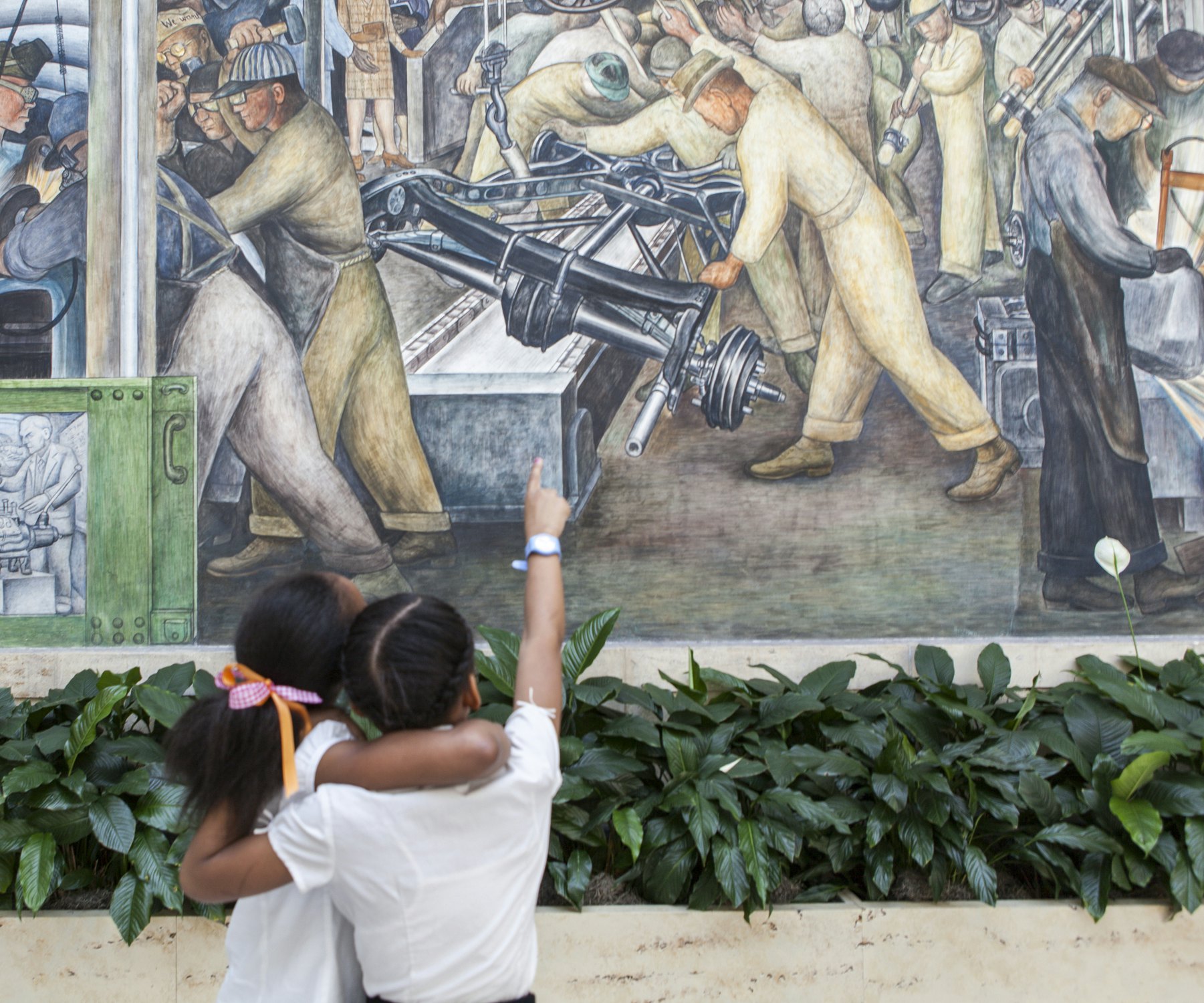
2. Feast your eyes on world-class art
The sprawling Detroit Institute of Arts is a great place to get lost for an afternoon. First thing to do is step into the sky-lit hall where Diego Rivera's Detroit Industry Murals surrounds you on 27 panels. He's the city's original muralist, and his whopping work tells Detroit's blue-collar labor history in vivid color. Caravaggios, Picassos, puppets and an esteemed collection of modern African American art help fill out the 100-plus galleries beyond.
3. Explore the Avenue of Fashion
A historic, mile-long stretch of Livernois Avenue in northwest Detroit, the Avenue of Fashion was the place to get your style on in the 1950s, ’60s and ’70s. Today it’s back and showing its swagger as a mighty district of Black-owned art galleries, clothing boutiques, shoe shops, bakeries, breweries and chicken-and-waffle restaurants.
4. Munch exquisite treats at Sister Pie
One of the best bakeries in America, according to the James Beard Foundation, Sister Pie whips up its array of treats in an unassuming little storefront space that smells like heaven. Chocolate chess, salted maple, ginger peach and more buttery-crust pies cool on racks, while plates of perfectly soft oatmeal raisin and peanut butter paprika cookies tempt on the counter. You should try them all.
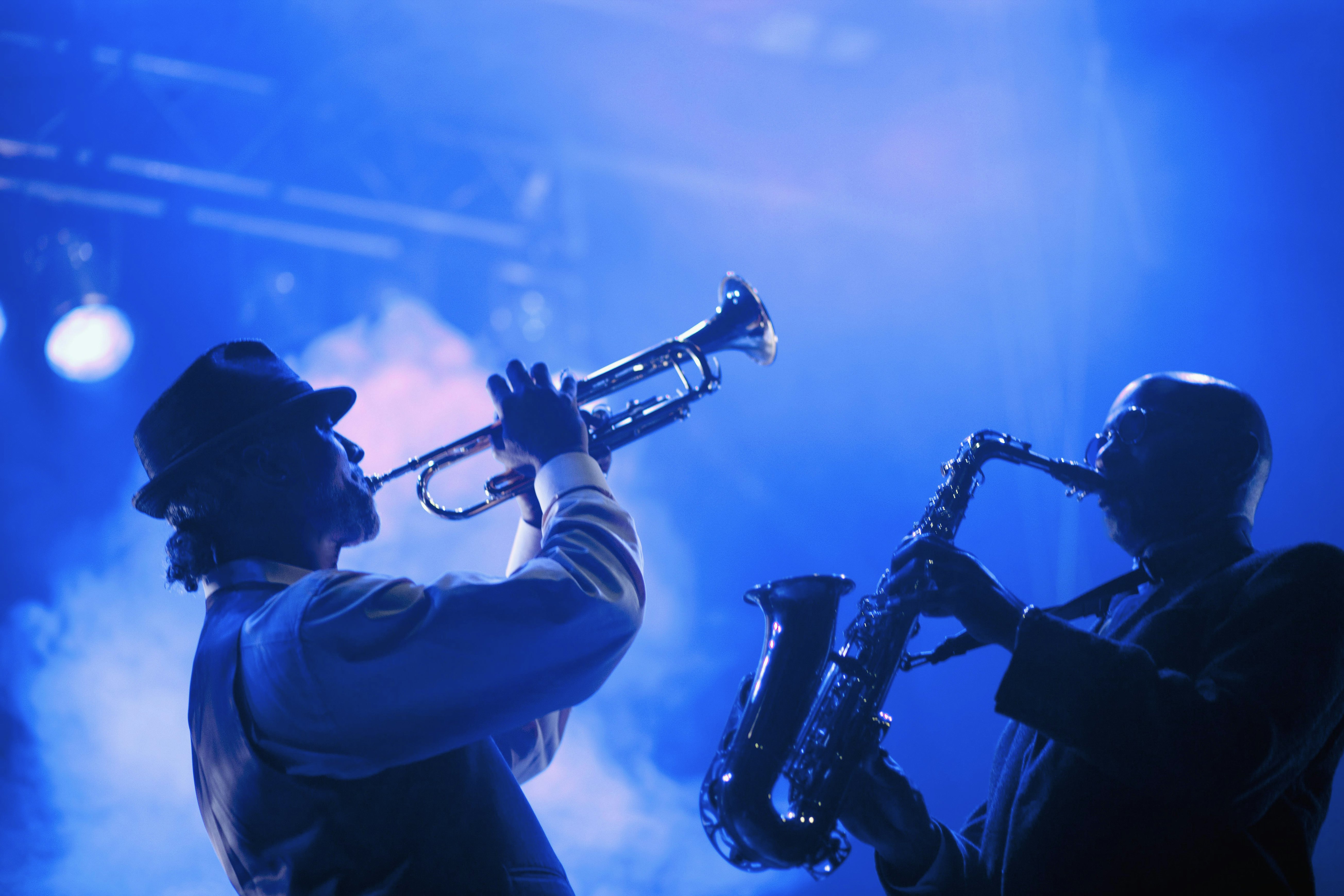
5. Bebop through the jazz clubs
Detroit’s jazz scene has been swinging hard since the 1920s. Baker’s Keyboard Lounge has been open from the get-go, welcoming everyone from Louis Armstrong to John Coltrane, Ella Fitzgerald and Nina Simone to groove on its little stage. Settle in at the curved, piano-key-shaped bar, and you can feel their ghosts urging you to stay for one more set. Elegant Cliff Bell’s is another classic that time warps you back to the jazz heyday. Check the Metro Times for other clubs around town.
6. Mingle with artists at the Scarab Club
Not many visitors make it to the Scarab Club, even though it’s right behind the Detroit Institute of Arts. That’s a shame, because the building has been an artists’ hangout for almost a century. Diego Rivera and Norman Rockwell used to rub elbows in the opulent rooms crammed with Tiffany lamps and objets d’art. Follow in their footsteps and wander through the landmark space, which always features excellent free art exhibitions.
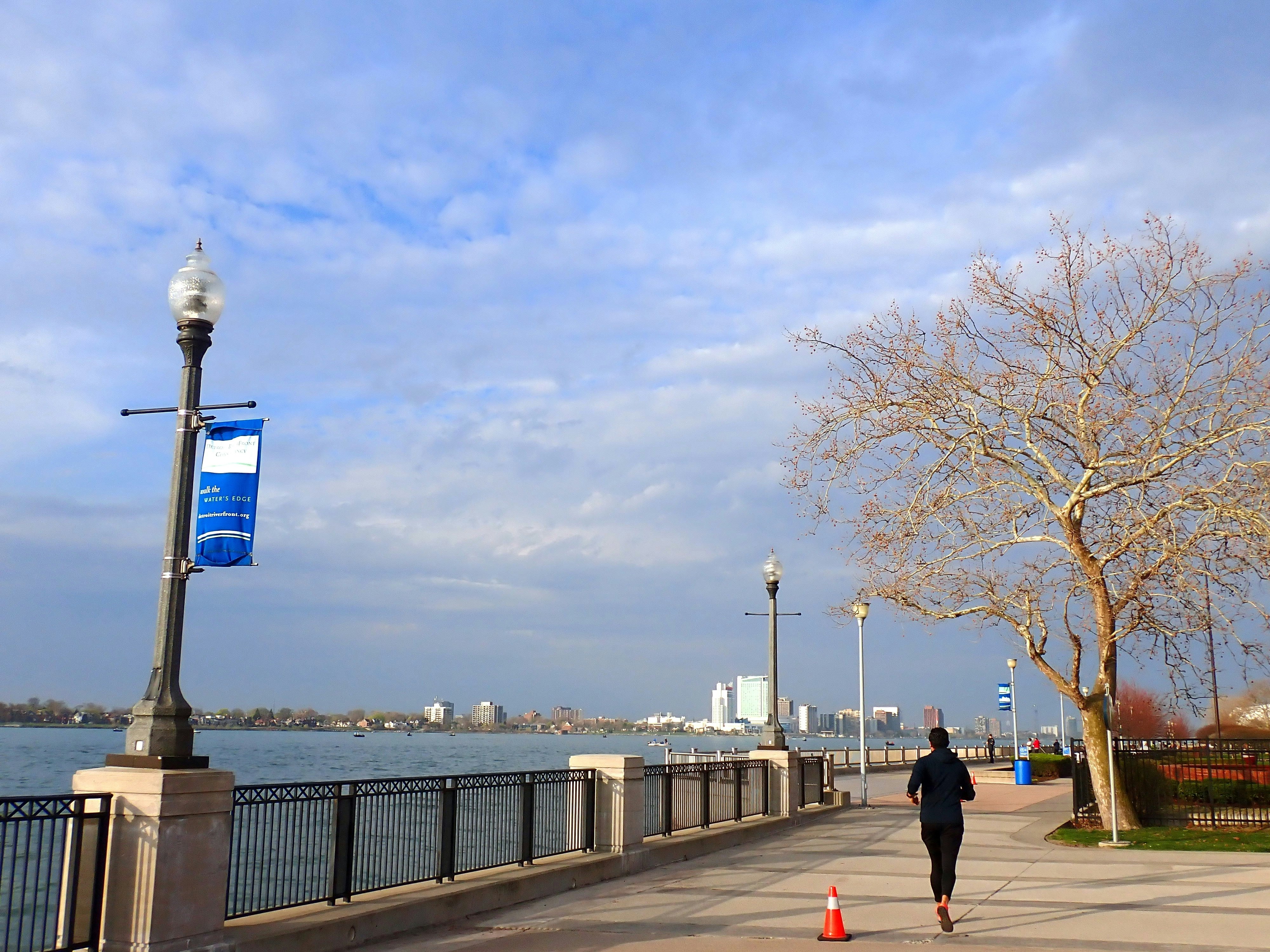
7. Walk or pedal along the RiverWalk and Dequindre Cut
The 3-mile RiverWalk unfurls along the Detroit River downtown, while the 1.5-mile Dequindre Cut Greenway intersects it and heads north to Eastern Market. The flat paths are especially prime for cycling, putting you right in the thick of it as you roll past parks, giant boats, funky sculptures, fountains, murals, abandoned buildings and graffitied overpasses. Bicycles are easy to rent from Wheelhouse Detroit or the MoGo bike share program.

8. Take a tour
Options abound for in-the-know excursions. Preservation Detroit leads architecture buffs on two-hour walking tours. RiDetroit offers jaunts by electric bicycle that focus on the mural scene and revitalizing neighborhoods. City Institute changes it up with everything from walking tours of Black-owned businesses to bus tours of the city’s music history. Wheelhouse Detroit leads bike tours covering themes like public art, auto heritage and urban agriculture.

9. Escape to Belle Isle
Belle Isle floats a stone’s throw from downtown, but it feels a world away. Just cross over the MacArthur Bridge and you drop into a 2.5-mile-long realm of wooded parkland. The pace slows way down as you meander past lagoons and warbling birds on the trails, lounge on the beach, and explore the glass-domed conservatory and aquarium.
10. Reflect on African American history at the Wright Museum
The Charles H. Wright Museum of African American History is the second-largest Black history museum in the world, after the Smithsonian National Museum of African American History & Culture in Washington, DC. More than 35,000 artifacts give perspective on the triumphs and tragedies of the past. Climb onto a harrowing slave ship replica and feel the cramped conditions, hear stories about the Underground Railroad, and read Rosa Parks’ letters about discrimination. The museum hosts great special exhibitions, too.
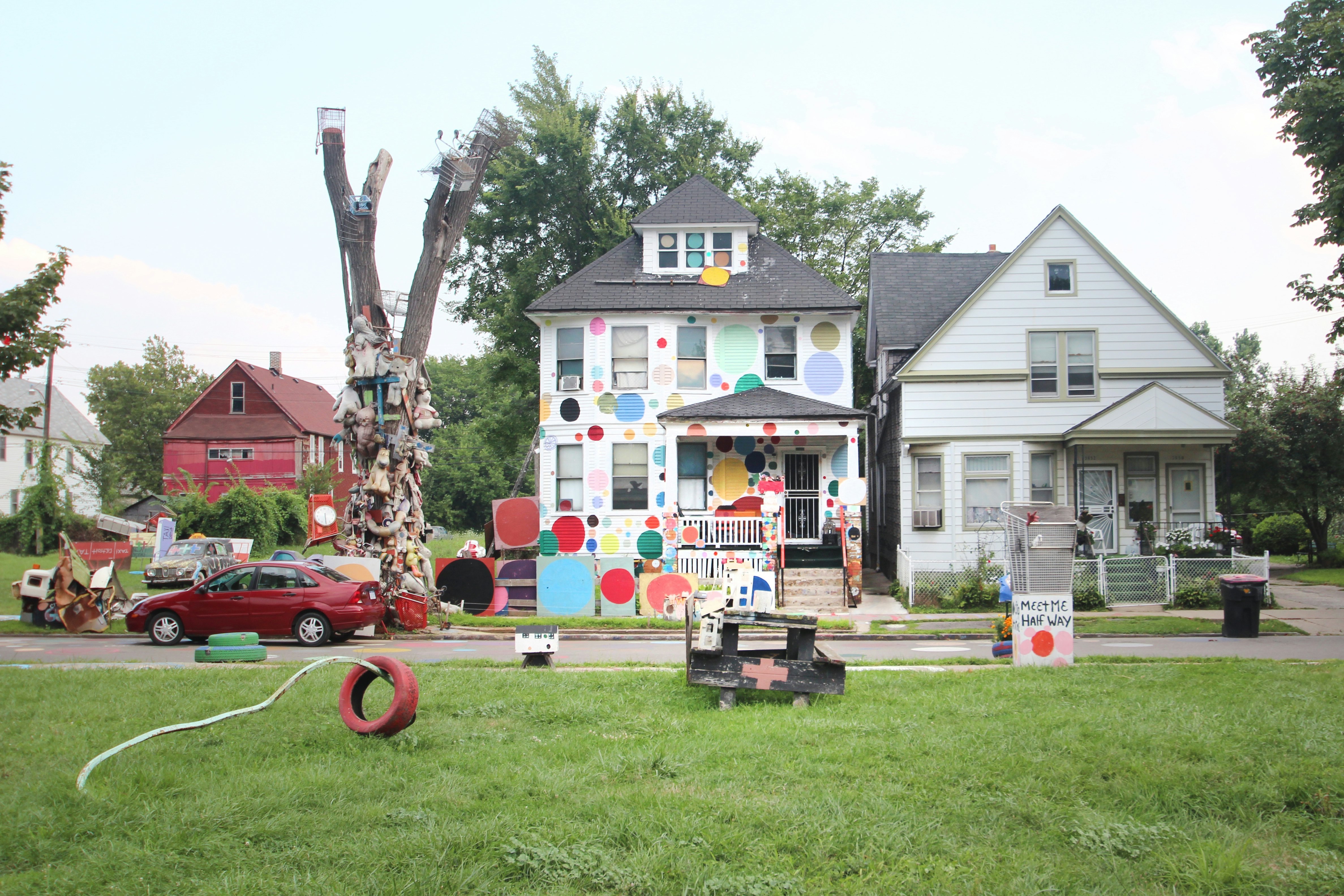
11. Get dotty at the Heidelberg Project
Houses painted in wild-colored polka dots, dolls stacked in the yards, hand-drawn faces staring up from the sidewalks – when you first see the Heidelberg Project, you’ll think someone slipped psychedelic drugs into your drink. But it’s actually an ever-changing, multi-block arts project by artist Tyree Guyton, who wanted to beautify his rundown community. He’s been at it since 1986. The result is a wonder to behold.
12. View street art and public art around town
The whole city is a canvas. The aforementioned Heidelberg Project, Dequindre Cut and Eastern Market are some of the best-known sights, but there are loads more. Check out the Grand River Creative Corridor, sporting 100 murals in a short stretch of road, and the Dabls Mbad African Bead Museum and its glittering art installations, which lie a bit beyond the corridor. Near downtown, The Belt occupies an alley filled with murals and hidden doors that lead to cocktail bars.
In Midtown, you'll find City Sculpture Park, created by Detroit native and artist Robert Sestok, which displays welded found object sculptures. And farther afield is Lincoln Street Art Park, an industrial site with vivid graffiti, murals and sculptures made from found objects. It’s a quintessential slice of urban-cool, DIY Detroit that's always changing, as local artists add to it frequently. Keep an eye on the events schedule to find out what's happening. (It’s best to get here by bike or car, as the park is in a bleak pocket of town.)

13. Enjoy outdoor concerts and festivals
Set in the heart of downtown, Campus Martius is Detroit’s public square. In summer it’s the site of free concerts, movie nights, and a makeshift sandy beach. In winter it morphs into a popular ice skating rink. Throughout the year locals hang out to eat, drink, read and chat at the tables sprinkled around the plaza.
Along the East Riverfront, Hart Plaza is the site of many free summer festivals and concerts. Nearby, at the intersection of Jefferson Avenue and Woodward Avenue, you can see Monument to Joe Louis – a sculpture of Joe Louis' mighty fist by artist Robert Graham. About a mile northwest, you'll find Beacon Park, a community gathering space that hosts events throughout the year: concerts, whimsical interactive art installations, a summer night market and $10 donation-based silent disco yoga classes.

14. Burst your brain on Americana at the Henry Ford Museum
A visit to the Henry Ford Museum, which holds the industrialist's stash of Americana, lets you walk through history: past the chair Abraham Lincoln was sitting in when he was assassinated, into the bus on which Rosa Parks refused to give up her seat, and beyond. When the weather warms, outdoor Greenfield Village adds restored buildings like Thomas Edison's laboratory and the Wright Brothers' airplane workshop to the mix. Note the museum is not in Detroit proper but in suburban Dearborn next door.
15. Visit the birthplace of the Model T
While exploring Detroit's automotive history, don't miss the Ford Piquette Avenue Plant, where Henry Ford built the first Model T – one of the first vehicles to be mass produced. The museum also features other automobiles from 1904 onward and is open Wednesay through Sunday, from 10am to 4 pm with docent-led tours at 10 am, 12 pm and 2 pm. If taking the QLine, get off at the Amsterdam station and walk two blocks down Piquette Avenue.

16. Gape at the Art Deco architecture
Massive Art Deco skyscrapers rise up around Detroit, relics from when the city was an early 20th-century car-making star. Masterpieces such as the gleaming marble Fisher Building and redbrick, cathedral-like Guardian Building will make your jaw drop with their ornate facades, vaulted ceilings and intricate mosaics.
17. Hop aboard the People Mover
The People Mover is Detroit’s retro monorail that loops around downtown’s core. While it’s not very useful as public transportation, it’s terrific at providing close-up views of the skyscrapers and riverfront as it whirs around its skinny track 45 feet above street level. A full loop takes 16 minutes to complete and is free.
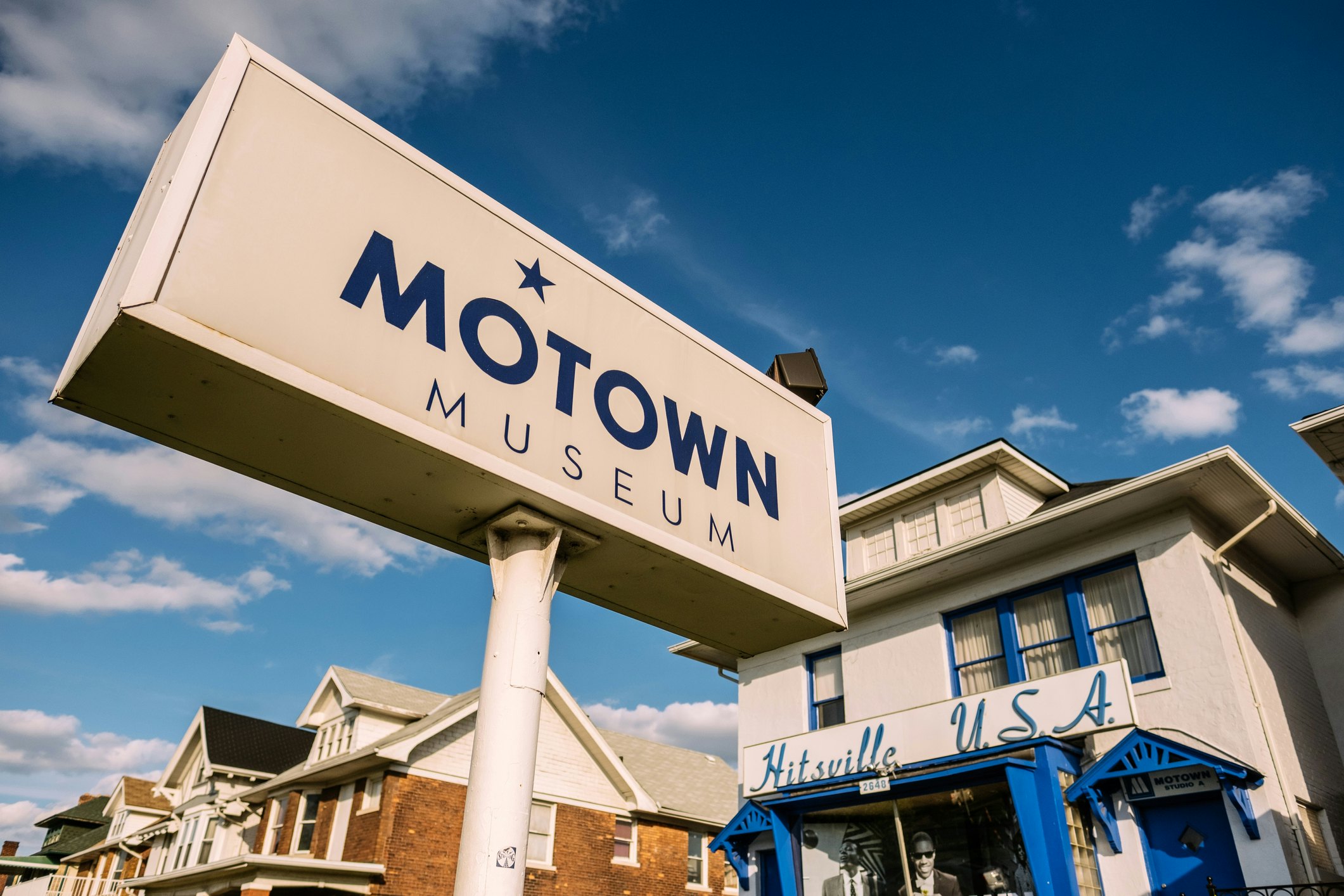
18. Hear the hits at the Motown Museum
You’ve likely heard of some of the folks who started their careers at Motown Records: Diana Ross, Marvin Gaye, Stevie Wonder, Michael Jackson. The company occupied a row of modest houses north of downtown that now comprise the Motown Museum. Guided tours take you through the studios and explain Motown’s hit pop-soul-R&B sound. Go ahead, try not to dance when you hear it. Alas, the museum will close to tours in October 2025, though other programming and events are still available.
19. Delve into the stacks at John King Books
Bibliophiles adore John K King Used & Rare Books, a four-story labyrinth where dusty tomes fill every nook and cranny. Browse circus books, magic books, car books, cookbooks, pet books, art books and just about any other type of book you can think of. Hand-written signs show what’s on the shelves.
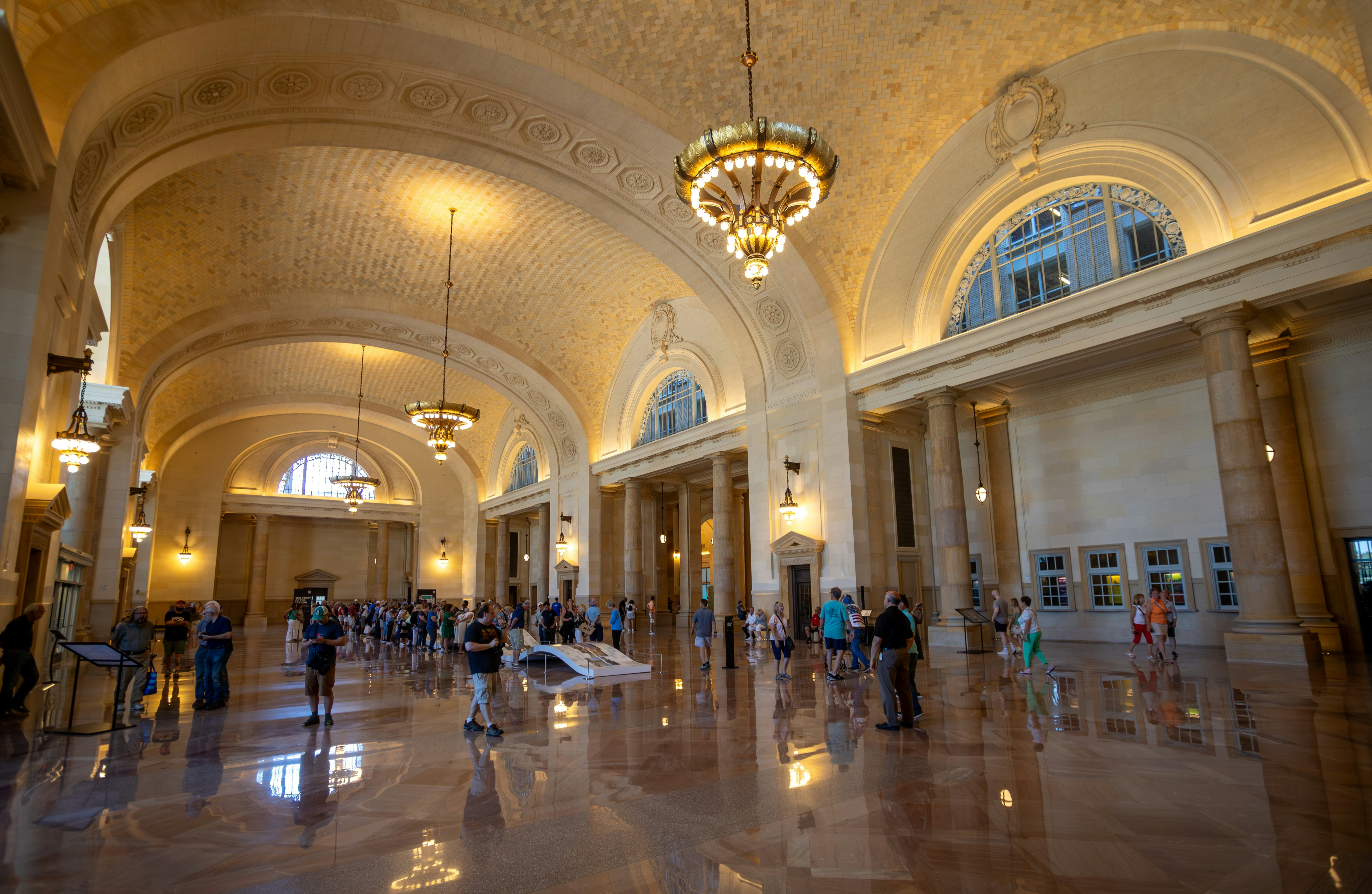
20. Tour Michigan Central Station
The once-grand beaux arts rail terminal, within eyeshot of Corktown's main drag, was left to fall into decline after closing in 1988 and became a symbol of the city's shattered economy. Like Detroit itself, though, Michigan Central Station is making a mighty comeback. Ford Motor Company bought it and is spending $350 million to transform it into a new innovation campus that is currently under active construction.
You can take a public tour for $20 with expert guides who will share the station’s rich history. You'll get to see historic spaces within the station and learn about the restoration process, too.








